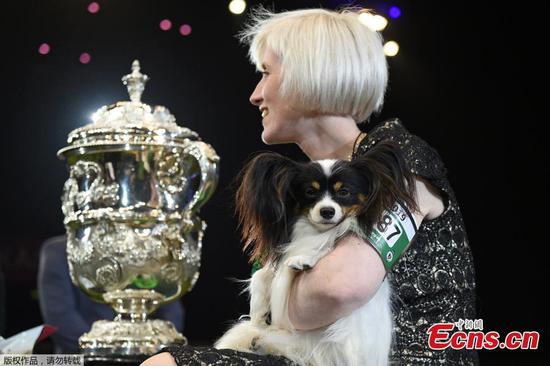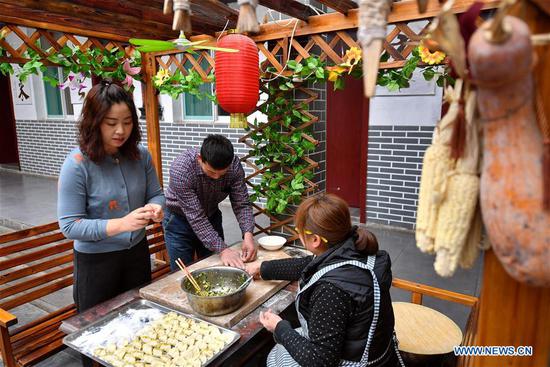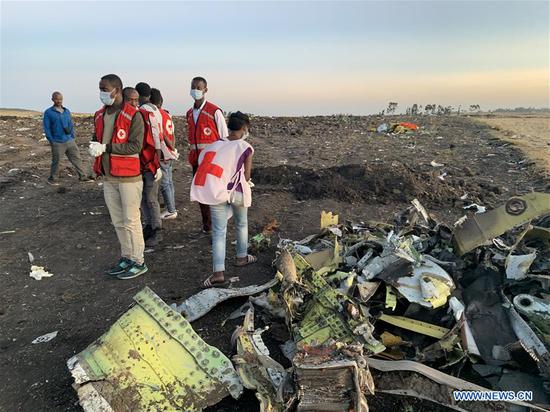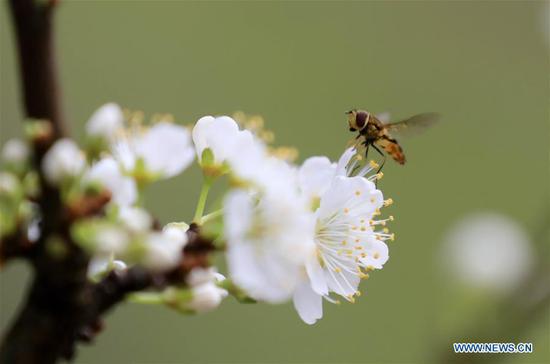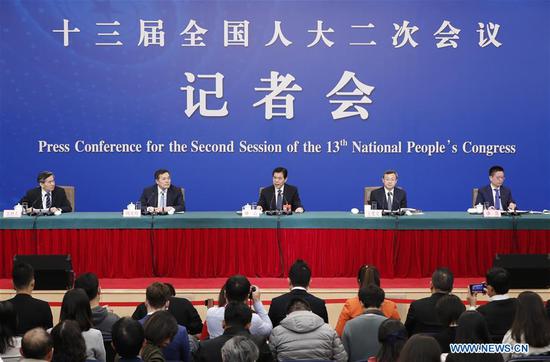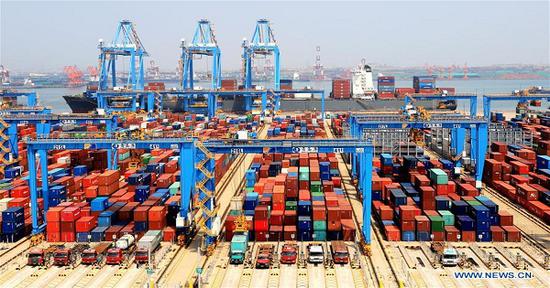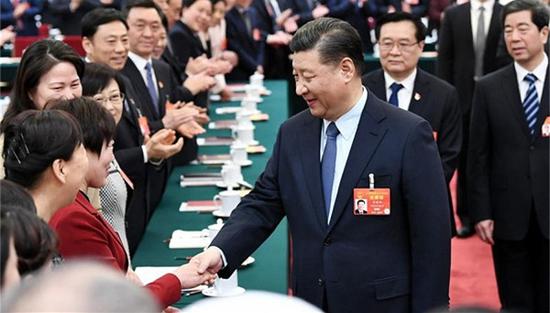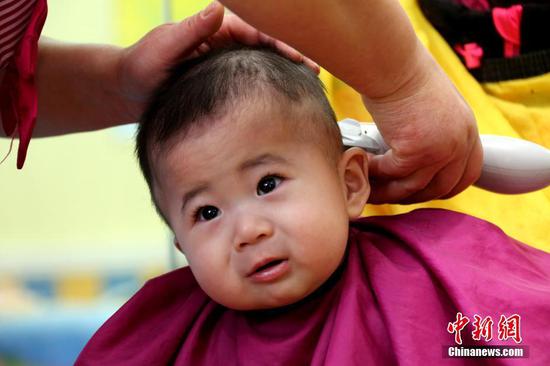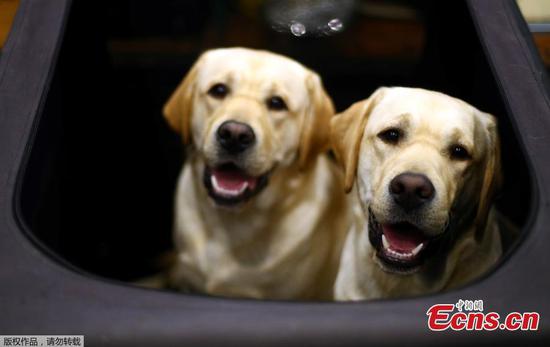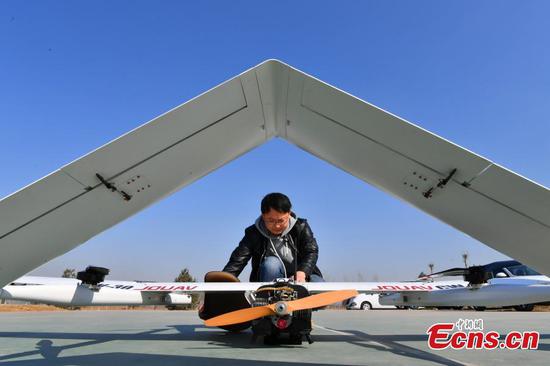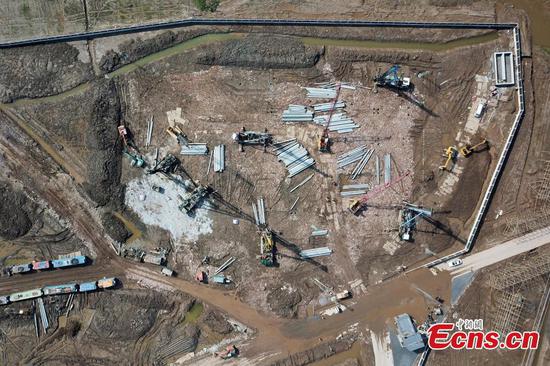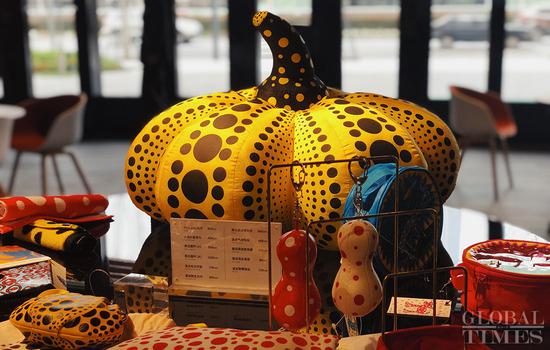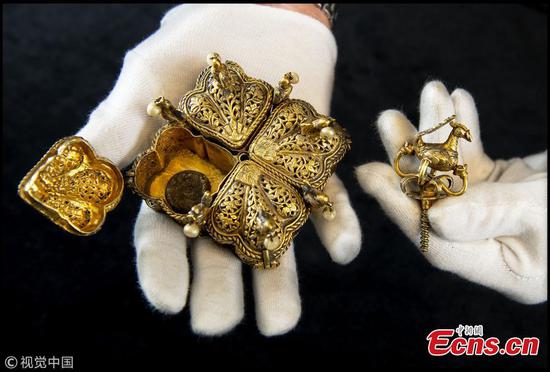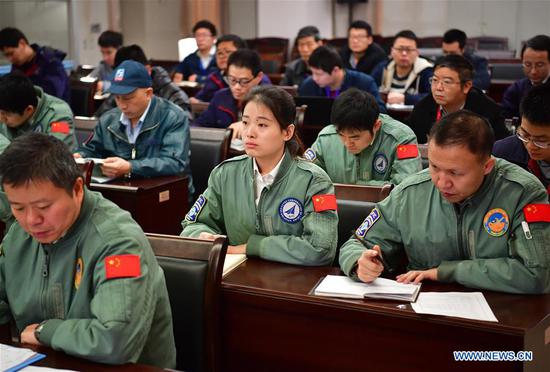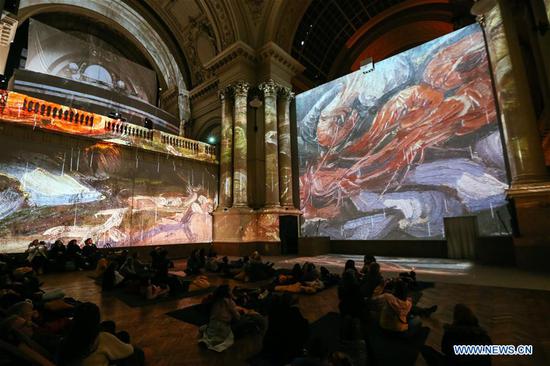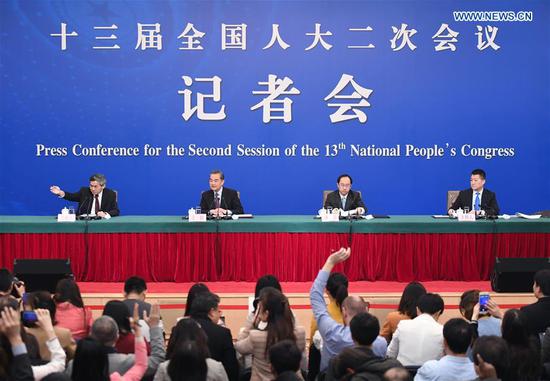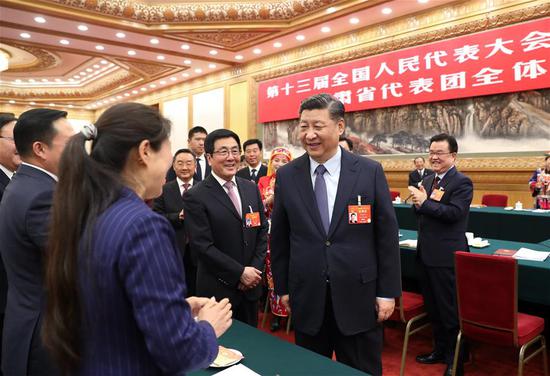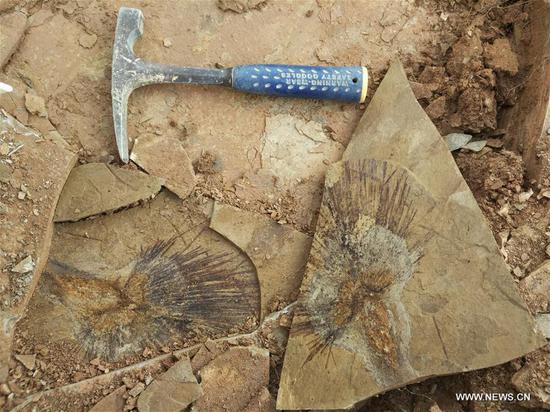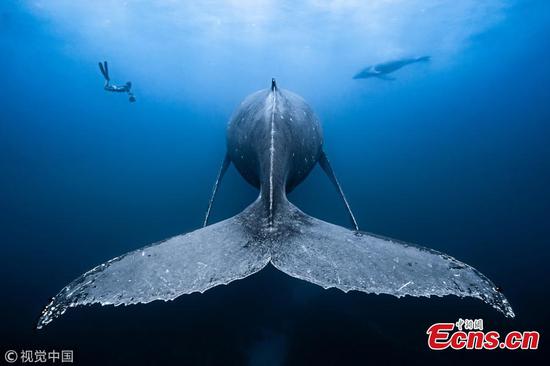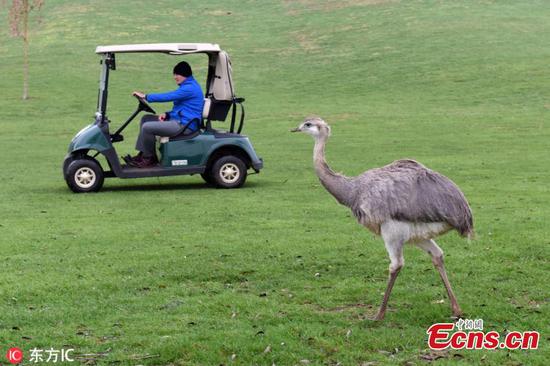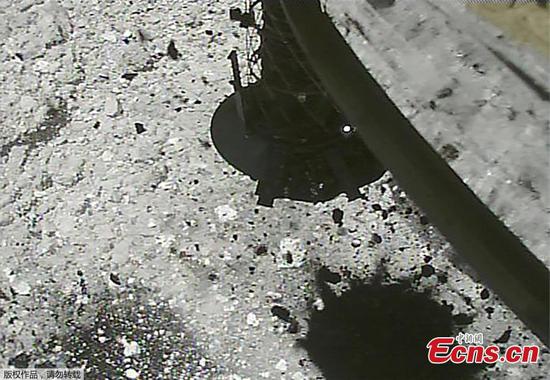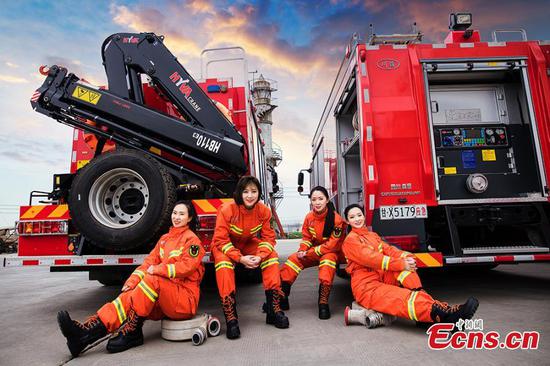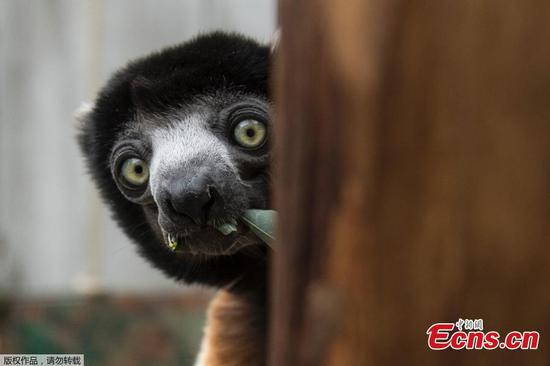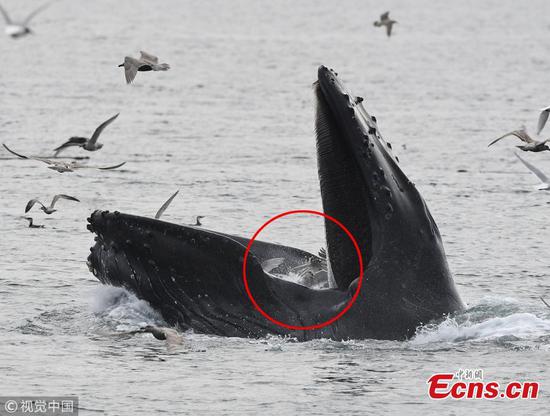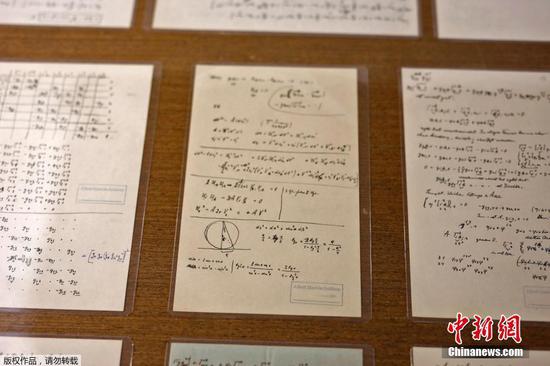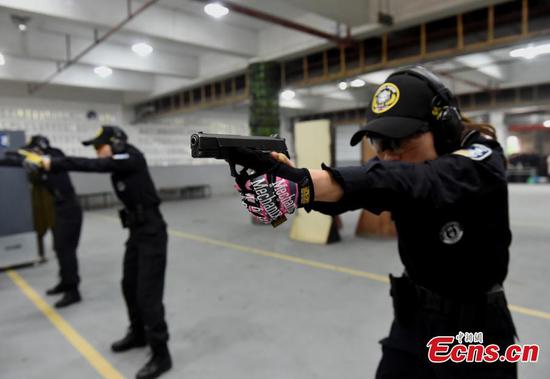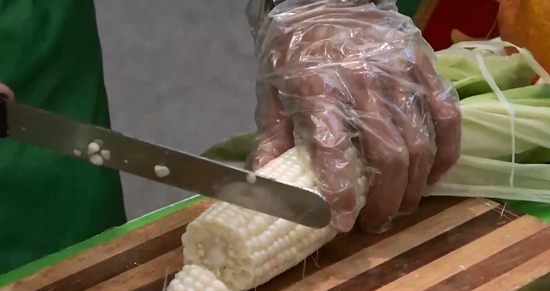
A hotpot festival is staged in Kunming, Yunnan province. (REN DONG/CHINA NEWS SERVICE)
Good meat was brought in and sold to the upper and middle classes. The internal organs, including the stomach and kidneys, were discarded or sold cheaply. Porters picked up or bought the organs and cooked them in a boiling pot with a spicy sauce and ate the food by the rivers.
According to Feng Tu Shi Zhi, a folklore magazine published in the 1940s, the first hotpot restaurant in the city was Ma Zheng Xing, owned by the Ma brothers.
Legend has it that the two brothers tasted the street food and were hooked. They saw a business opportunity and introduced hotpot in their restaurants in the 1930s.
In 1937, the Kuomintang government led by Chiang Kai-shek established Chongqing as the country's capital. The southwestern city went on to play a critical role in the Asian theater of World War II.
At the time, the city witnessed a sudden influx of government officials, bankers, businessmen, scholars, diplomats, writers and other professionals from other parts of the country.
Hotpot soon gained popularity among people from all around the world, with many of the newcomers to Chongqing loving the cuisine. Although they left the city after the war, they took their love of hotpot with them, and the cuisine's popularity spread.









